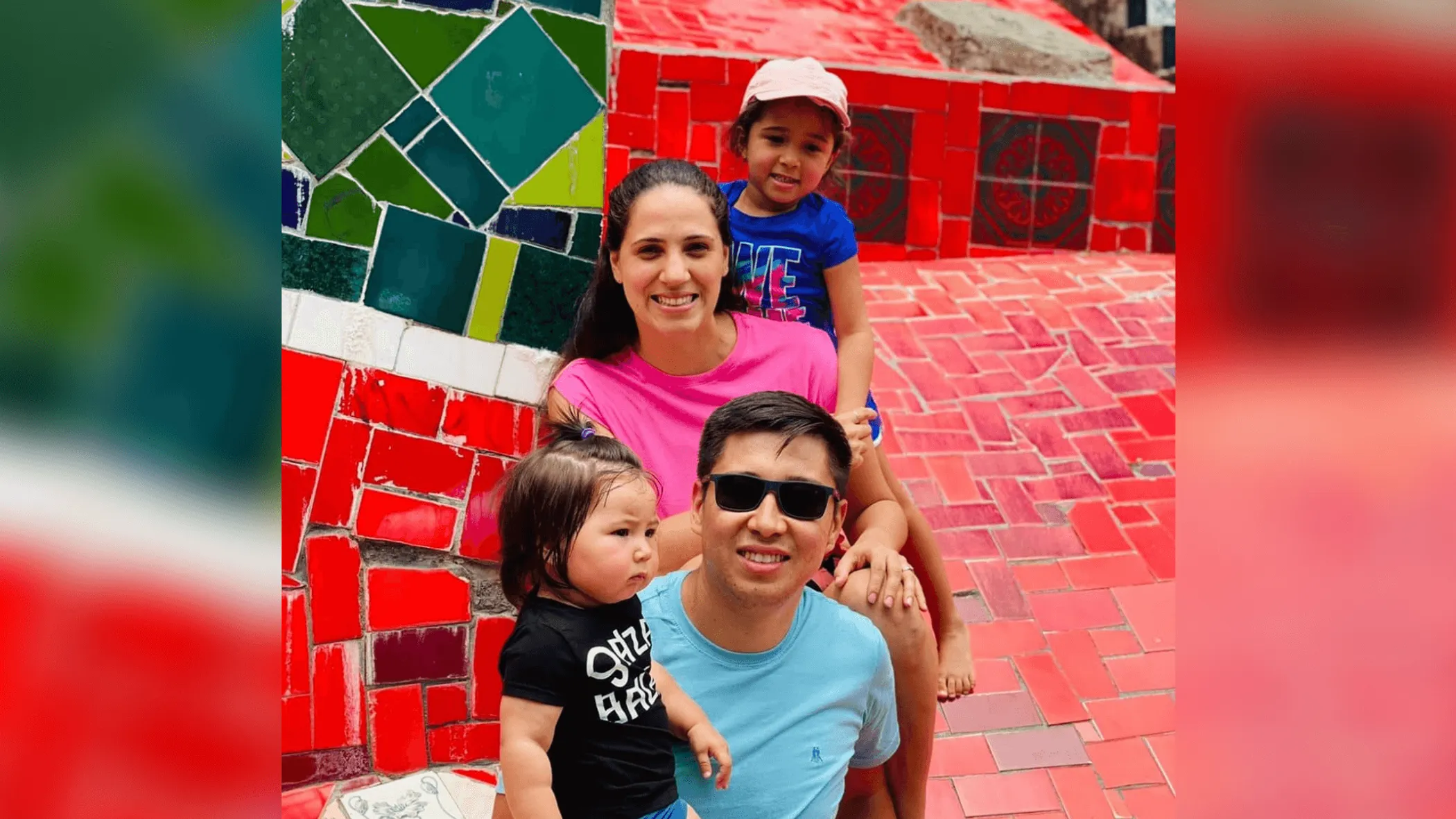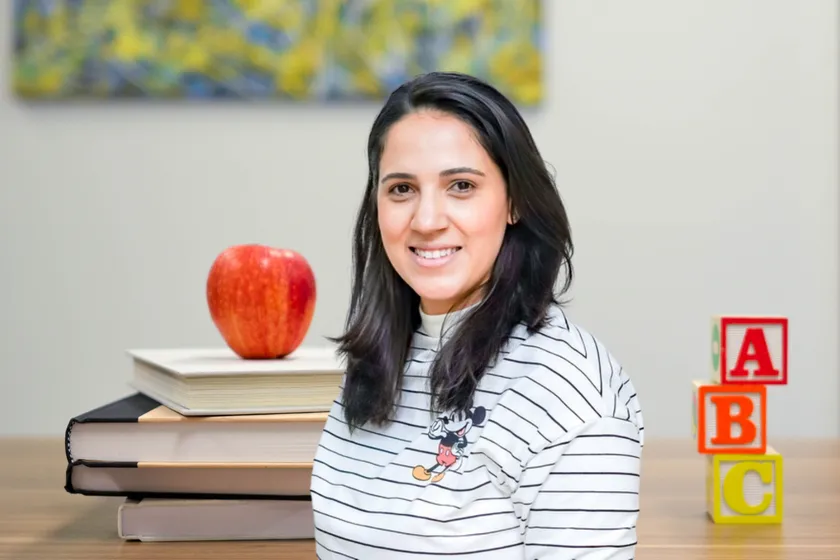As Kazakhstan enters a new era, educational reforms are being pushed to the forefront of the national agenda. Raising specialists in the spheres of IT, robotics and engineering has somehow become a conditional promise of a utopian future. But what is the perfect society we strive for if there are still those who get left behind.
In ‘New Kazakhstan’, schools are actively improving their curriculum and quality of education to nurture the next generation. Yet, the same cannot be said about inclusive education for children with special needs who belong to the same future. Some mental disabilities are still not being addressed enough, leaving children with dyslexia or ADHD with less opportunities to succeed in school.
QazMonitor learned this from Danielle Reis, a Brazilian teacher and pedagogical neuropsychologist who lives in Almaty and works at Kazakhstan International School (KIS). Aside from her job as a homeroom teacher, she provides support for children with special needs in Kazakhstan. Danielle is also a consultant who works with parents and schools and is currently writing a unique book for special kids.
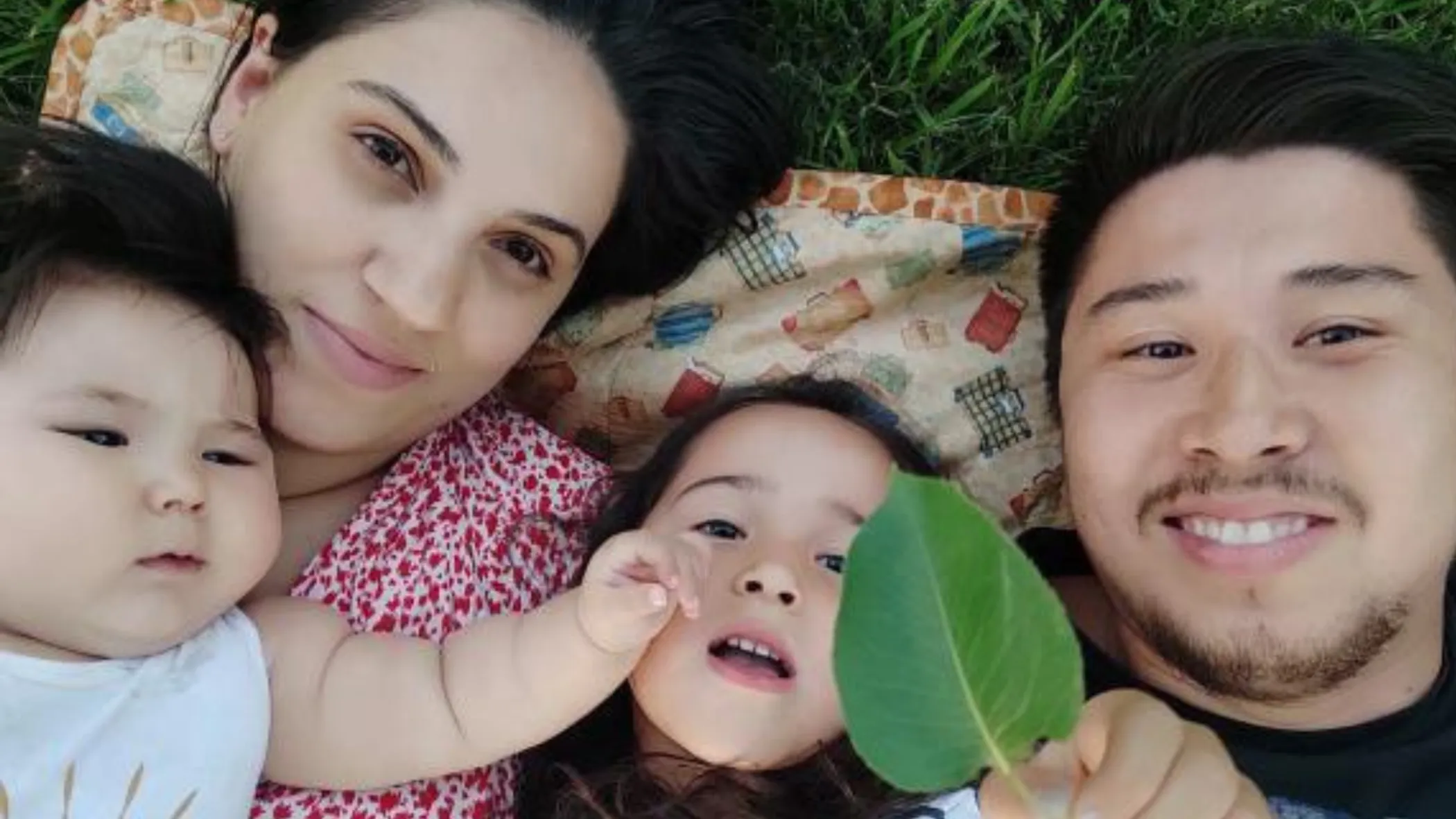
'I had to become the help'
Danielle, tell us about your background
I learned Brazilian sign language when I was 15. I fell in love with the idea of helping people with disabilities to learn.
After university, I worked at schools and adapted books for people with autism and down syndrome. I wanted to advance further, so I went to study in the UK.
That was where I met my husband, who is Kazakh. My last ten days were his first days in the country. We fell in love in just ten days.
Talking to him, I became fascinated with Kazakhstan. I realized that I could help many more people if I moved to a country where inclusive education is not as developed as it should be.
What did you do after moving to Kazakhstan?
I started teaching right away. Unfortunately, I did not find enough opportunities to improve my skills, so I studied for two more years in Brazil. Now, I am a pedagogical neuropsychologist, and I am able to put all my focus on helping kids with special needs in their struggles with learning.
I couldn’t find people to help me in Kazakhstan, so I had to become the help.
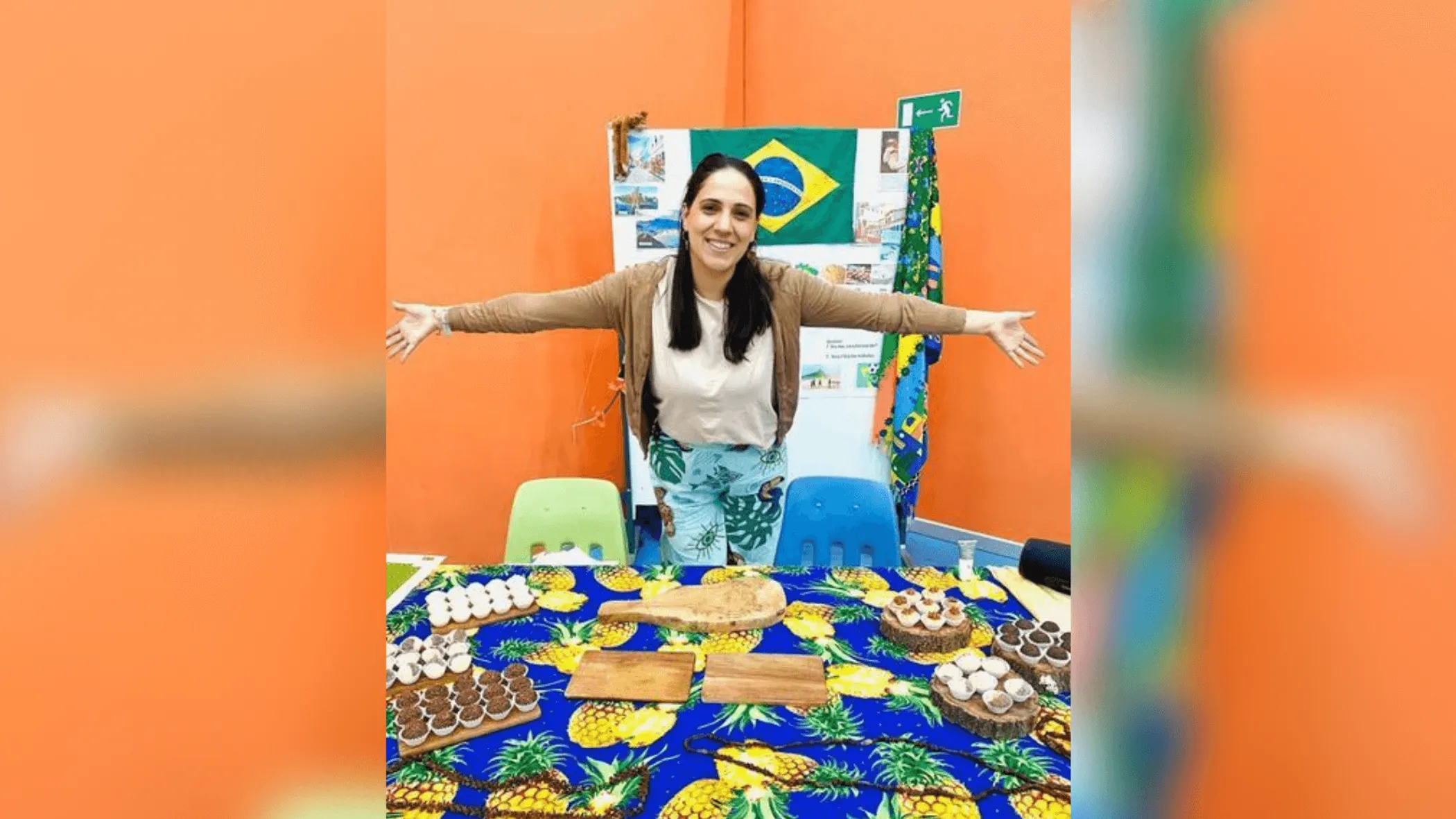
'Children can become their own heroes'
How do you work with children with special needs?
I go to different schools as a consultant and observe students who raise some concerns. I also interview the parents and teachers and assess the school environment. I write a report about the child; I include tips on better learning strategies as well as my hypothesis on what the kid may have so that parents know whether to ask for help.
It doesn’t always have to be a child with a disability. If a kid is struggling with learning, a pedagogical neuropsychologist can come in with strategies to help them cope.
Are you working on any projects?
I am writing a book series for children with special needs [in Kazakh, English, and Russian], where they can identify themselves with the main character. There will be several examples of learning disabilities. One of them is about a dyslexic boy, so the text is written so that the letters ‘move away’ from him. A child reading this could think “oh, this happens to me, too”. If children can’t find help from outside, they can find it from within and become their own heroes. I mean, why not?
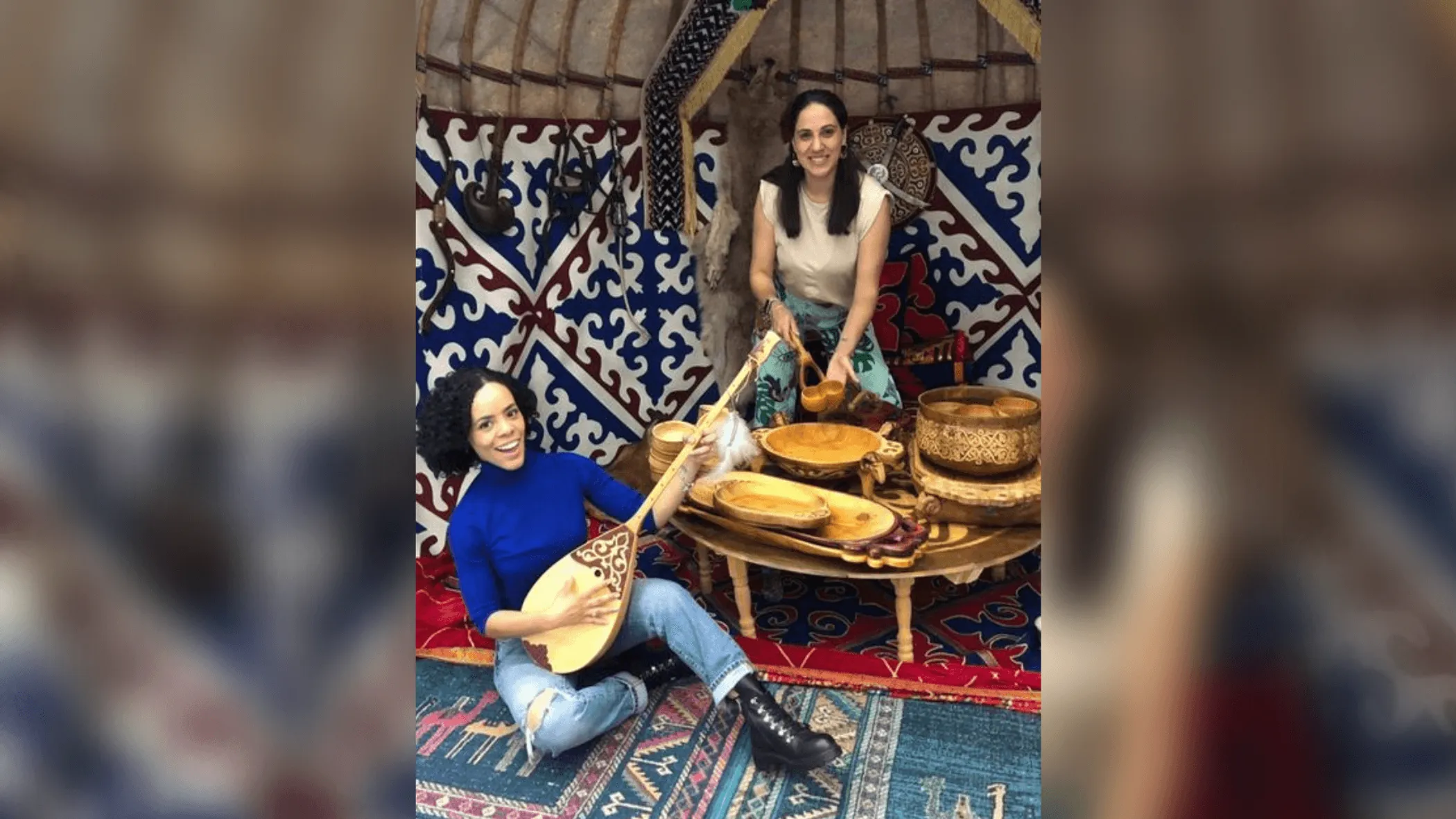
'Accept that your kid is special. Open doors for help'
How can parents recognize early signs in their child?
For example, for ADHD [attention deficiency and hyperactivity disorder], there are usually problems with concentration and being organized. Other signs could include constipation or frequently wetting themselves, if the child is already five years old. For this disorder, there should be at least six ‘red flags’ for me to investigate further.
Different disabilities have different symptoms. I always work with one kid at a time, since two children with the same disorder can be very different.
Do you have any general advice parents could follow?
First, trust your gut. If you think something is wrong, it probably is – even if doctors tell you that your kid is acting naughty or misbehaving. You know your kid from birth; so, if you think something’s off, speak to other people. The problem does not have to have a name. There is always a way to help and treat the symptoms without getting a diagnosis. If attention is the problem, you can do exercises to improve concentration.
Regularly talk with the teachers. I always ask my daughter’s teacher questions like “Is she the last one to get dressed?”, “How is she eating?”, and “Does she move a lot in the chair?” Sometimes teachers don’t tell me how she behaves, so I have to be the one asking questions first. Be engaged in your children’s school life. This is something that is lacking a lot in Kazakhstan – and I don’t know if it is a cultural thing.
Accept that your kid is special. Open doors for receiving help. If parents close the gates and say ‘no, my kid is normal’, help is not going to break the door and come in.
Physical disability—orphanage, mental disability—divorce
What problems do special needs children face in Kazakhstan?
Many families fall apart after learning that their child is special. If the child has a physical disability which can be seen at birth, they will most likely end up in the orphanage. Few families keep their kids at home, and even when they do, that kid is not going to be seen outdoors. You do not see kids with disabilities very often. In case of mental disorders, parents get divorced. It is unbelievable how many kids with neurological disabilities live without a father at home. It is particularly true for Kazakhstan.
Another problem is the culture of blaming the mothers even though it is undeserved. I hear that a lot from therapists and physical physicians. The mother is only responsible if the cause is from smoking or drinking alcohol. Other than that, the rest is up to genetics which could be passed down from the mother or the father with the same probability. And sometimes you never really know the actual cause.
Teachers are diamonds
What should be done to make a difference?
Pedagogy students should have more resources at universities. Teachers are not being ‘refreshed’.
Let’s be honest: the salary is low and the stress is high. They have to deal not only with kids but the parents and administration. But I think that if students have the heart to come to university and study pedagogy, the universities should treat them like diamonds and be able to give them everything they need to become good teachers.
Following Finland’s example would not hurt. We do not need to reinvent the wheel. The country is one of the best in Europe in the field of education. Kazakhstan can bring in course materials and educators.
Everybody wants a teacher from Finland. Everyone wants an engineer from Germany. Imagine if people looked at Kazakhstan and thought “we want a teacher from Kazakhstan”.
The future is in our hands and our kids are the future. Who is working with them 8 hours a day? A teacher.
I hear a lot about the arrival of ‘New Kazakhstan’ [laughs]. And I really hope that it is also going to happen in the education field.
